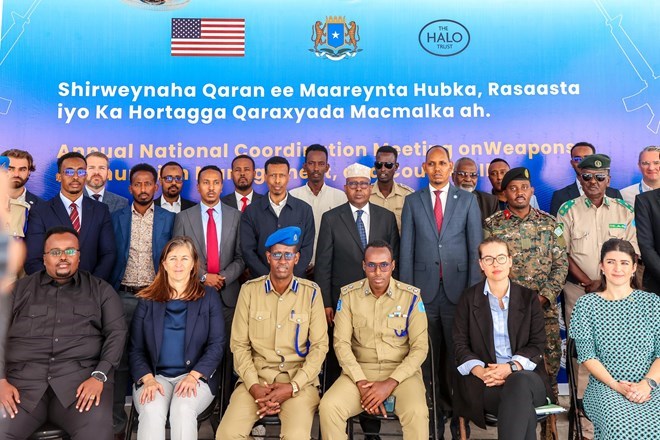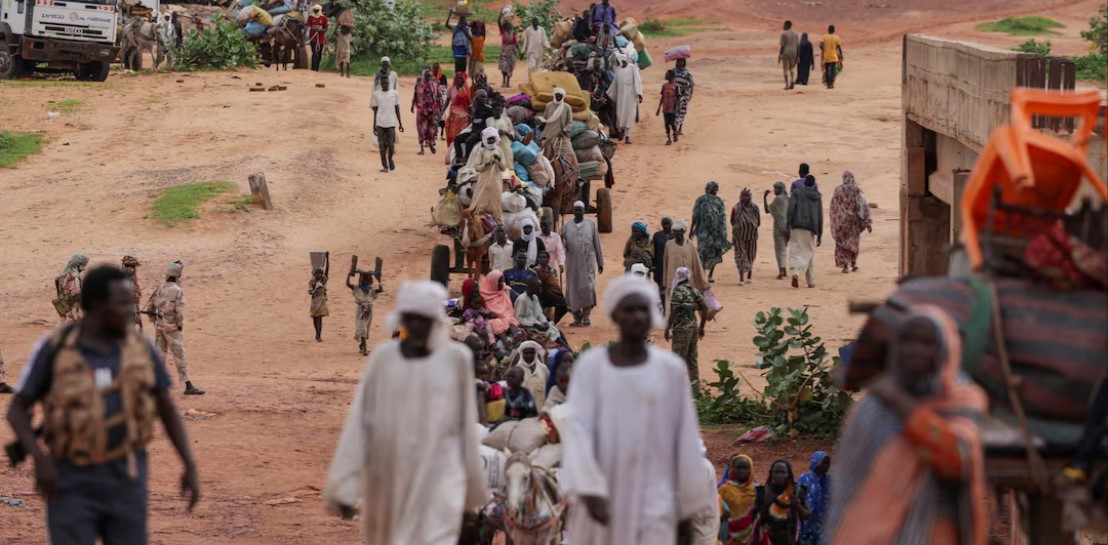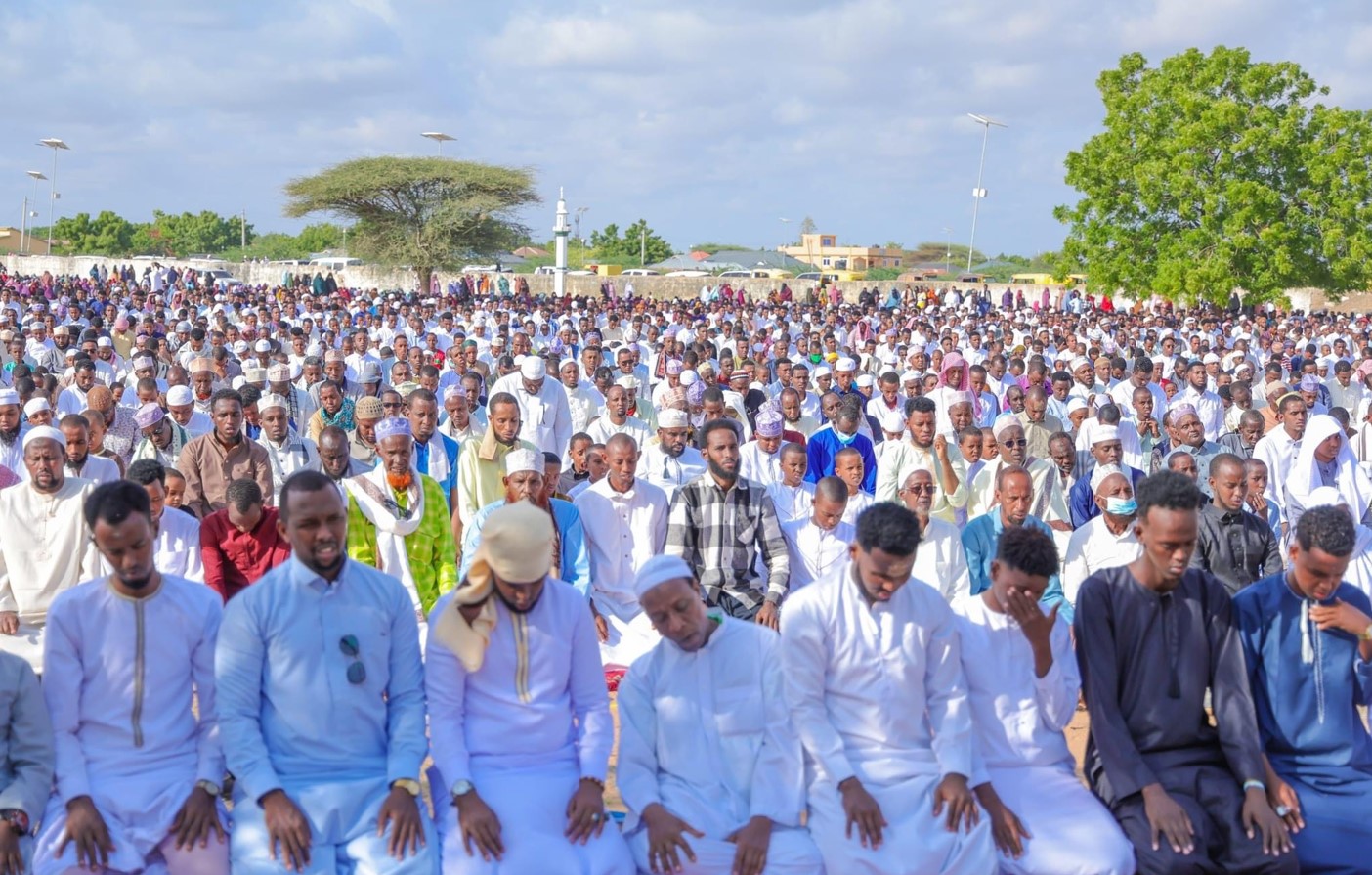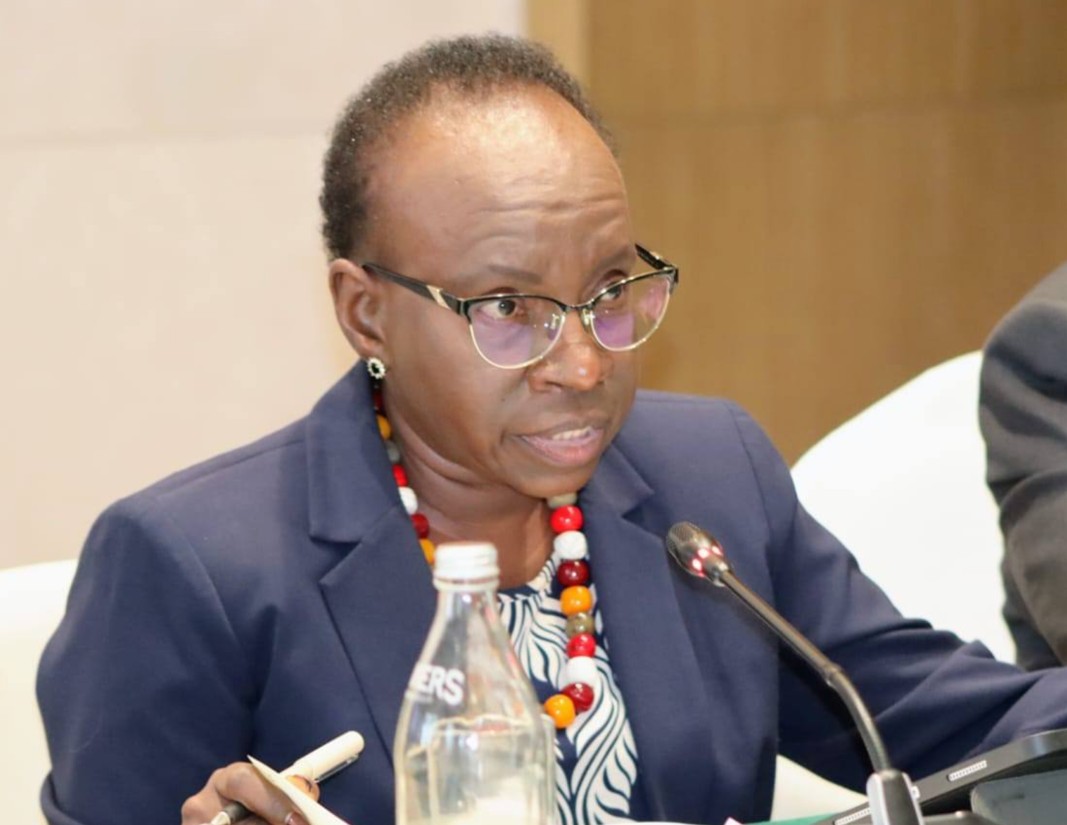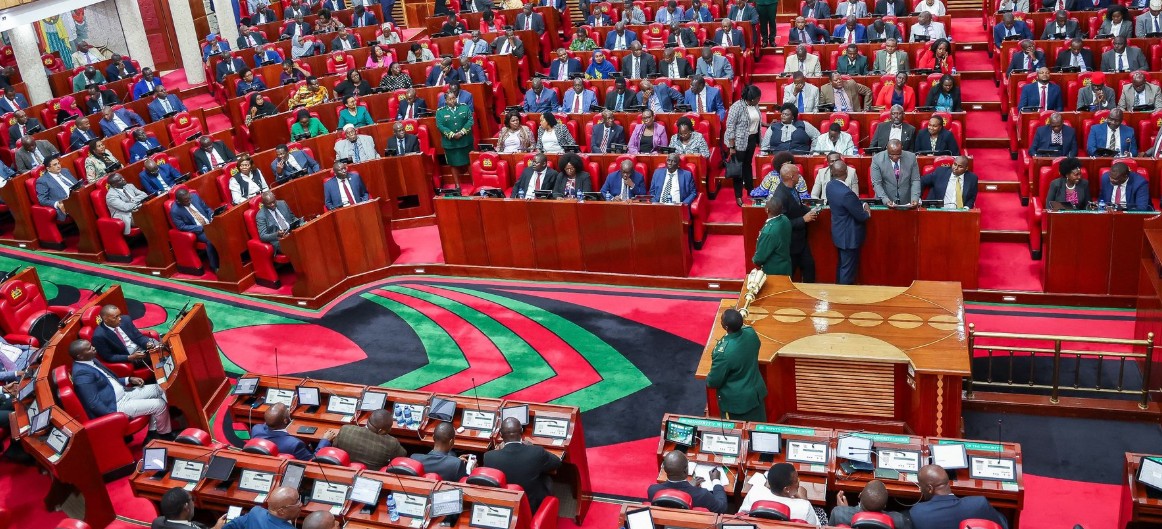Youth dive into fish farming as aquaculture initiative transforms Coast, western Kenya
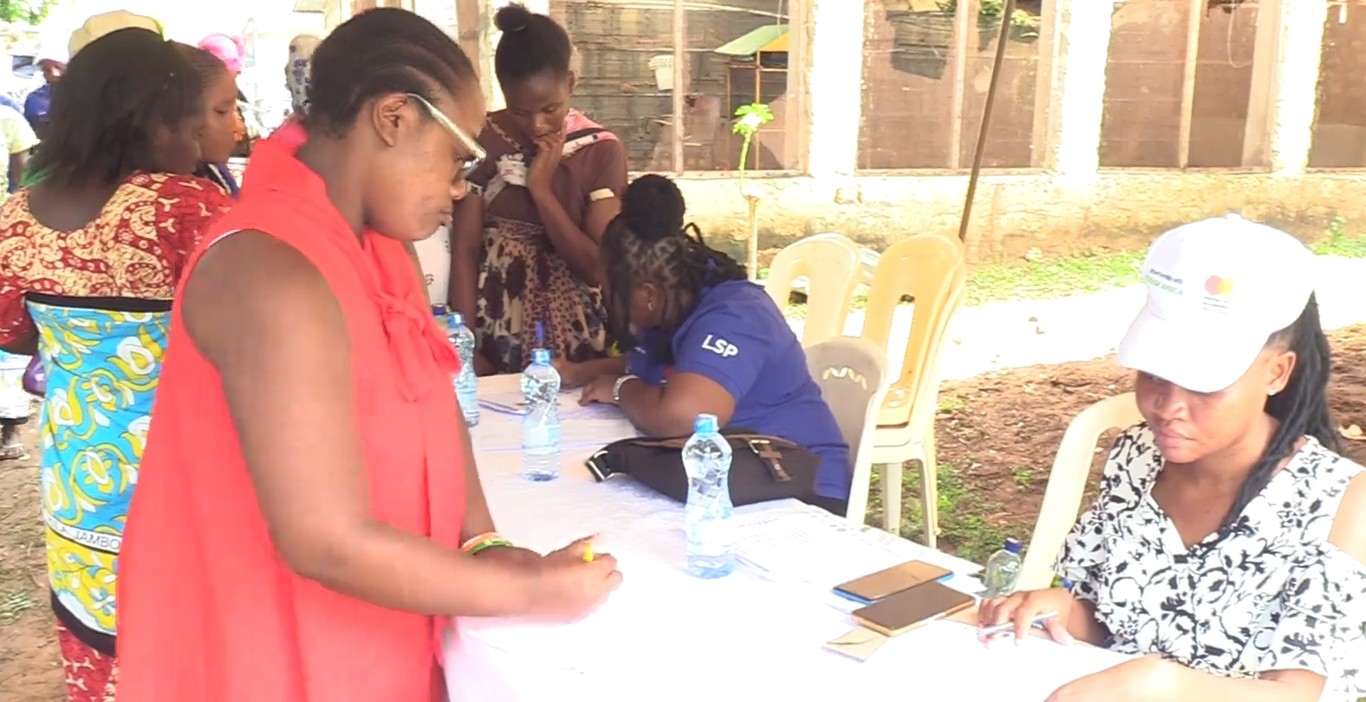
The programme aims to create at least 150,000 jobs across these regions through training, mentorship, and access to aquaculture markets.
Young people in the Coast and western Kenya regions are increasingly turning to fish farming, thanks to a youth-centred aquaculture initiative that has already transformed the lives of thousands.
In Kilifi County, Edison Kashindo, a crab farmer in the Mida Creek area of Dabaso Ward, is among those benefiting from the Youth in Sustainable Aquaculture (YISA) programme.
More To Read
- Mombasa holds public forums after budget criticism for lack of community input
- Homa Bay’s Raila Odinga Stadium filled to capacity Saturday night ahead of Madaraka Day
- Blue Economy boom: Over 200 Tana River youths empowered in fisheries venture
- Women in Tana River urged to embrace blue economy to improve economic wellbeing
- Joho calls for dismantling of illegal mining cartels to boost Kenya’s economy, enhance regulatory standards
- Boost for locals as Shimoni Fishing Port now expected to be operational by March 2025
After receiving specialised training in crab fattening last year, Kashindo now manages 100 cages, each housing 14 crabs. He buys juvenile crabs from local fishermen, fattens them over a month, and sells them to restaurants in Watamu and other regions, doubling their value.
“I purchase one crab at Sh600 and sell it for Sh1,200 after fattening. This venture has enabled me to employ five other young people from my village,” Kashindo said.
Similarly, Jesca Mbeyu, a member of the Mtongani Kidundu self-help group in Mnarani Ward, says fish farming has empowered her and many other women in her community.
“We are 30 members involved in different value chains, but I chose fish farming. We now have eight ponds, and through this, I can earn my own income. This has reduced cases of gender-based violence, which were mostly driven by economic hardships,” she explained.
They are part of the 46,000 youths supported by the YISA initiative across six counties of Kilifi, Kakamega, Kisumu, Homa Bay, Busia, and Siaya.
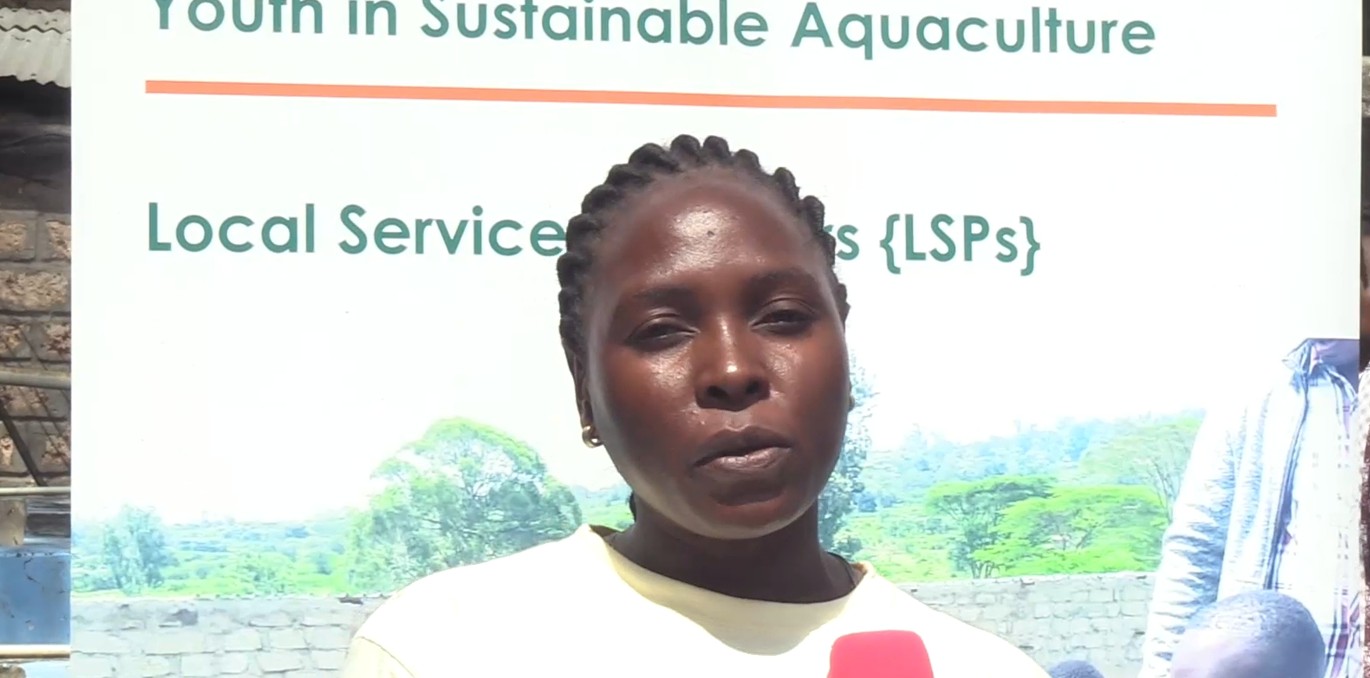 Jesca Mbeyu, a crab farmer in Mnarani.(Photo: Farhiya Hussein)
Jesca Mbeyu, a crab farmer in Mnarani.(Photo: Farhiya Hussein)
Create jobs
The programme aims to create at least 150,000 jobs across these regions through training, mentorship, and access to aquaculture markets.
Supported by the Mastercard Foundation, YISA is implemented by several partners, including Farm Africa, Echo Network Africa, Livingwood Consultants Limited, Lattice, Aquarech Ltd, Hydro Victoria, and the Ramogi Institute of Advanced Technology (RIAT).
Speaking at a stakeholder forum held at Oshan Farm in Takaungu, Kilifi County, Lucas Abila, the manager of Livingwood Consultants Limited, highlighted the role of local service providers (LSPs) in reaching marginalised groups, particularly women.
 Lucas Abila, the manager of Livingwood Consultants Limited. (Photo: Farhiya Hussein)
Lucas Abila, the manager of Livingwood Consultants Limited. (Photo: Farhiya Hussein)
“Out of the 46,000 youth we have supported since 2023, 10,000 are from Kilifi. Many of them are women who were previously vulnerable to gender-based violence due to a lack of income. Through LSPs, more young people are being drawn into aquaculture and other fisheries value chains,” Abila noted.
Charity Nyamvula, Kilifi County’s LSP lead, confirmed that 22 LSPs are operating across the county’s sub-counties.
“We train youth on fish farming and entrepreneurial skills. We also integrate gender education to ensure inclusivity,” she said.
Dr Stephen Muguna, a programme manager at Farm Africa, said YISA supports four main value chains in the blue economy sector: the mariculture, aquaculture, soya, and Black Soldier Fly farming.
 Charity Nyamvula, Kilifi County’s local service providers' lead. (Photo: Farhiya Hussein)
Charity Nyamvula, Kilifi County’s local service providers' lead. (Photo: Farhiya Hussein)
“While mariculture includes the farming of seafood like crabs and shrimps, aquaculture focuses on tilapia and catfish. Soya and Black Soldier Fly farming supply raw materials and protein for fish feed,” Dr Muguna explained.
The forum was hosted at Oshan Farm, Kilifi’s largest aquaculture site, owned by Abdala Oshan.
Muguna urged more young people to embrace fish farming as a viable path to self-employment.
“Every week, I harvest fish here. Young people often visit for field attachments, training, or to buy fish. I always tell them, the future of global food security lies in the Blue Economy,” Oshan said.
Top Stories Today

